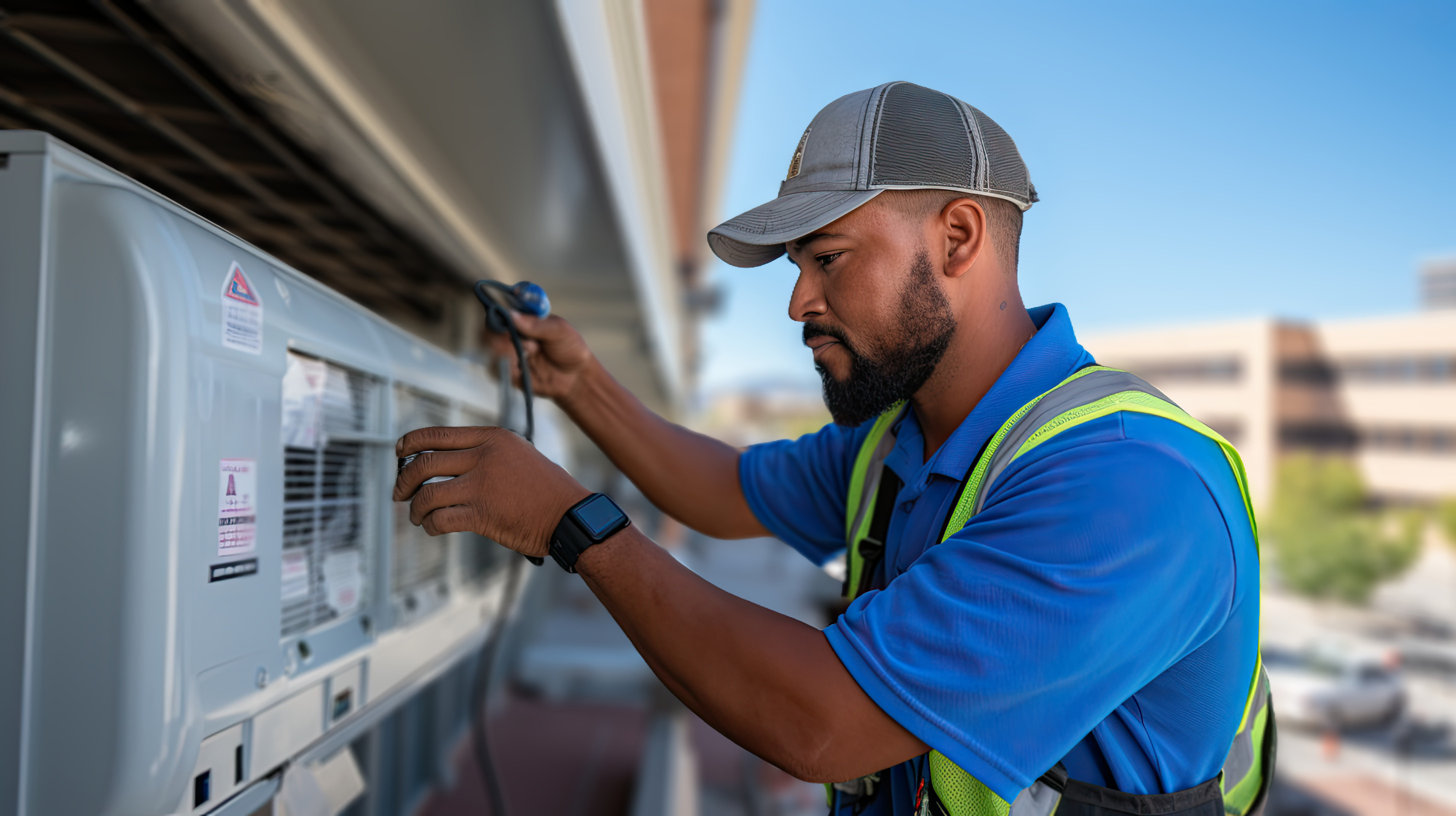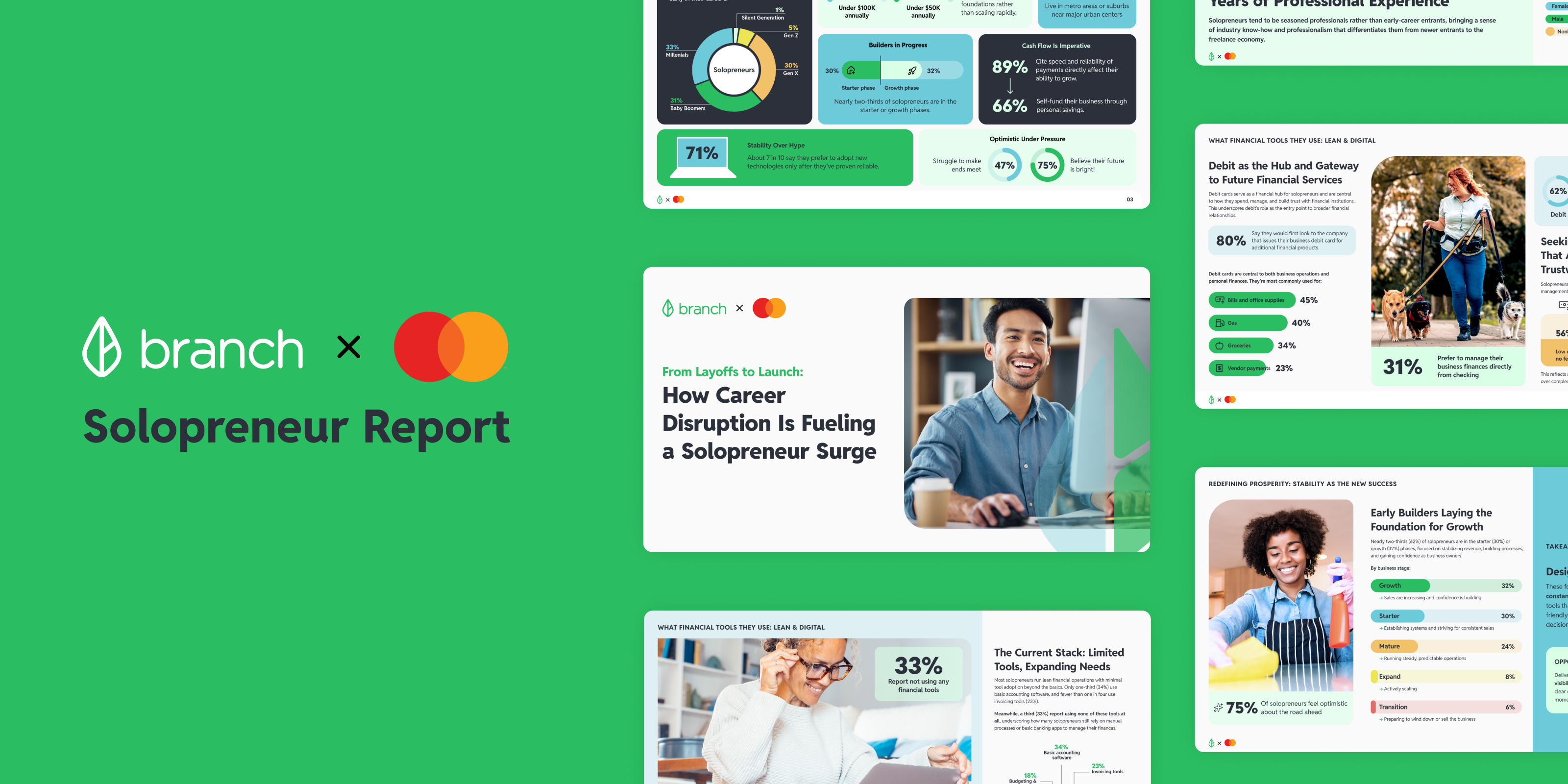
New Era of Work & Payments Glossary
As work from home became the norm for jobs that allowed it—and more people carved out their own careers in the gig economy—the words we use to talk about work and payments have changed. Not only have people started earning money in new ways (hello, gigfluencers!), but how people get paid has changed, too. That’s why we’ve compiled some terms that are new on the scene for this new era of work and payments. Read on to learn about digital wallets, side hustles, and everything in between.
Agile workplace: A physical work environment that prioritizes flexibility, where employees can use whichever space meets their needs at the time.
Creator economy: The current industry of people on social media monetising their online fanbases. This includes influencers, bloggers, videographers and more.
Digital nomad: Someone who works remotely and telecommutes instead of living where their office is. Digital nomads are “location-independent” and can work from anywhere.
Digital disbursements: Fast, digital payments to workers that can be deposited directly into their accounts.
Digital wallet: The top way workers are managing their money and getting paid today, digital wallets allow users to spend, store, or transfer funds virtually through software or a mobile app.
Earned wage access (EWA): A way for workers to access a portion of their earnings ahead of payday. It’s a solution that can help people cover unexpected expenses between paychecks. Also sometimes referred to as flexible pay or instant pay.
Flash retailing: Flash retail, also called pop-up stores, occupy a space for a short period of time—whether days or weeks. Retailers often use these temporary spaces to introduce a new product, sell a limited release of products, conduct test marketing, or host a brand experience.
Flexible Pay: Another term for earned wage access.
Freelancer: Someone who is not employed by an organization but who works as an independent contractor and gets paid on a per-job basis.
Gigfluencer: A person who is an influencer but doesn’t use their influencer jobs as their primary source of income. In other words, gigfluencers often have other jobs but use social media influencing as a side hustle. Many began to monetise their content for the first time around the start of the COVID pandemic.
Great Resignation: Also known as "the Big Quit" and "the Great Reshuffle," the Great Resignation references the ongoing trend of workers quitting their jobs in large numbers following the wake of the COVID pandemic, in search of higher wages, better opportunities for career growth, and more work-life flexibility.
Hot desking: The practice of allocating desks to workers on a rotating system, rather than assigning each worker their own specific desk.
Hybrid work: A model where employees work part of their time at the workplace and part of their time remotely. Though hybrid work has always existed, the pandemic made hybrid models much more prevalent.
Independent contractor: A self-employed person who performs services for another person or entity under a contract between them. Key differences between independent contractors and employees are that contractors must be able to determine when and where work is performed, be able to work for others, and provide their own equipment.
Influencer: People with a purported expert level of knowledge or social influence in their field.
Influencer marketing: A form of social media marketing involving endorsements and product placement from influencers.
Instant Pay: Another term for earned wage access.
Job sharing: A flexible work arrangement where two people share the same job.
Last day pay: The process of paying a worker their final paycheck. Final paycheck laws vary by state, with some requiring that workers be paid immediately or the same day they quit or are terminated.
Last-mile delivery: The final leg of a delivery journey, where goods from a warehouse, store, or transportation hub are brought to their last destination, whether that’s to a home, business, or other physical space.
Off-cycle payments: Payments to workers made outside of the regular pay period. Examples of off-cycle payments include tips, reimbursements, a one-time bonus, or a final paycheck.
Pop-up: Pop-up stores occupy a physical space for a short period of time—whether days or weeks. Retailers often use these temporary spaces to introduce a new product, sell a limited release of products, conduct test marketing, or host a brand experience. Also called flash retailing.
Quiet quitting: A term that references employees devoting less time to their work, or silently stepping back from overworking in order to only fulfill the basic demands of the job. This movement has been in reaction to several factors, namely workers seeking higher wages and refusing to do extra work for which they are not compensated.
Remote-first: Used to describe companies that consider work from home the primary option for its employees.
Remote worker: Someone who works from home or another location separate from any centralized place of work.
Side hustle: An extra job a person takes in addition to their primary job in order to supplement their income or pursue a new endeavor. Also called a side gig or side job.
Telecommuting: Another word for working from home, where people do not commute to a central place of work, but instead operate from their home or other dispersed locations.
WFH: Abbreviation for "work from home."
Continue reading
Unlock a Happier, More Productive Workforce







